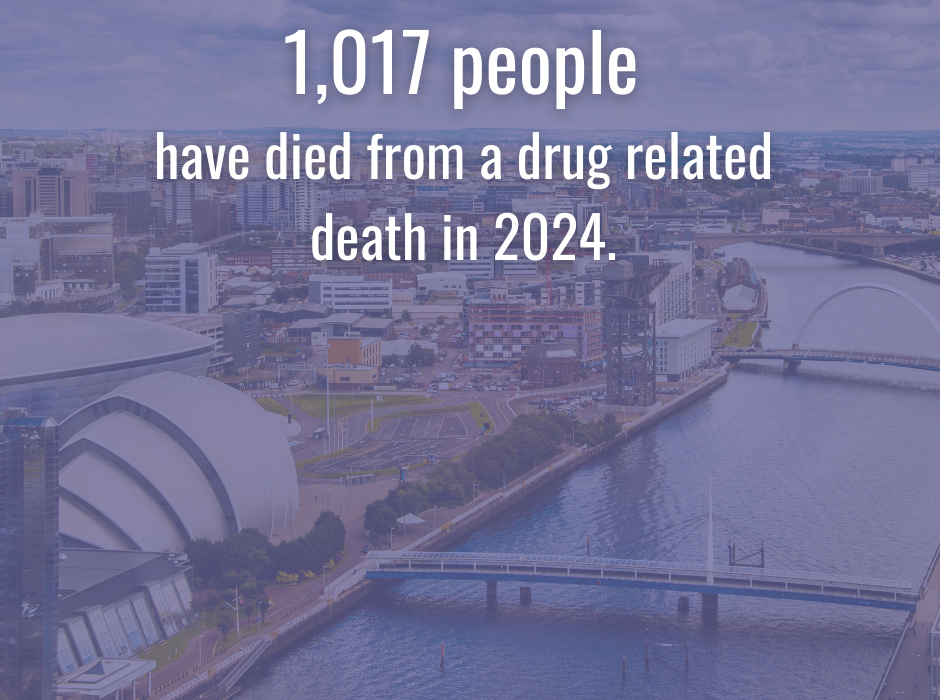
Last year, when Scotland’s drug related death statistics were published, we shared our frustration, our disappointment, that despite three years of a National Mission, an unprecedented investment and the declaration of a public health emergency, people were still dying.
Now we’re another year on, and more lives have been lost. It would be easy to say we need a new approach, but we disagree. We have a great approach on paper, but we have not delivered it.
Our Glasgow Alcohol and Drug Residential Stabilisation service opened in 2020, offering a short residential stay where people can stabilise and reduce the harm associated with alcohol and drug use, with the use of Medication Assisted Treatment (MAT). Stabilisation provides an opportunity for people to have a breathing space, an opportunity to reflect and plan to enable them to have a safer, better quality of life when they return to their community.
We know that stabilisation saves lives. The Scottish Government knows that too, and when it committed to the expansion of stabilisation services as part of the National Mission, it was a welcome step. But that expansion never came, and our 16 bed Stabilisation unit remains the only one of its kind in Scotland.
Like so many policy areas, there is a significant gap between what is promised and what is delivered. This Government have been quick to support things, to agree with calls and to highlight the importance of change, but too often they have failed to deliver the outcomes promised. The policy is right – a public health approach, improving treatment and care, and addressing the wider complex needs that drive drug use is exactly what Scotland needs. The problem lies in poor implementation.
There can be no more excuses. We need to treat drug related deaths as the crisis that it is and ensure that people have access to the support they need – whether that’s residential stabilisation, safer consumption facilities, out of hours support, or assertive outreach. This is not just good practice; it’s a matter of rights. Under the National Collaborative’s Charter of Rights for People Affected by Substance Use, everyone is entitled to the highest attainable standard of physical and mental health. Now, it’s our responsibility to make sure that people know their rights, to support them to realise their rights, and to hold the system accountable to deliver them.
The one thing that we will repeat, and will continue to repeat for as long as we have to, is our sorrow that so many lives have been lost unnecessarily. We continue to stand with those people, families and communities who have also been failed, and we will continue to work with them towards change.

